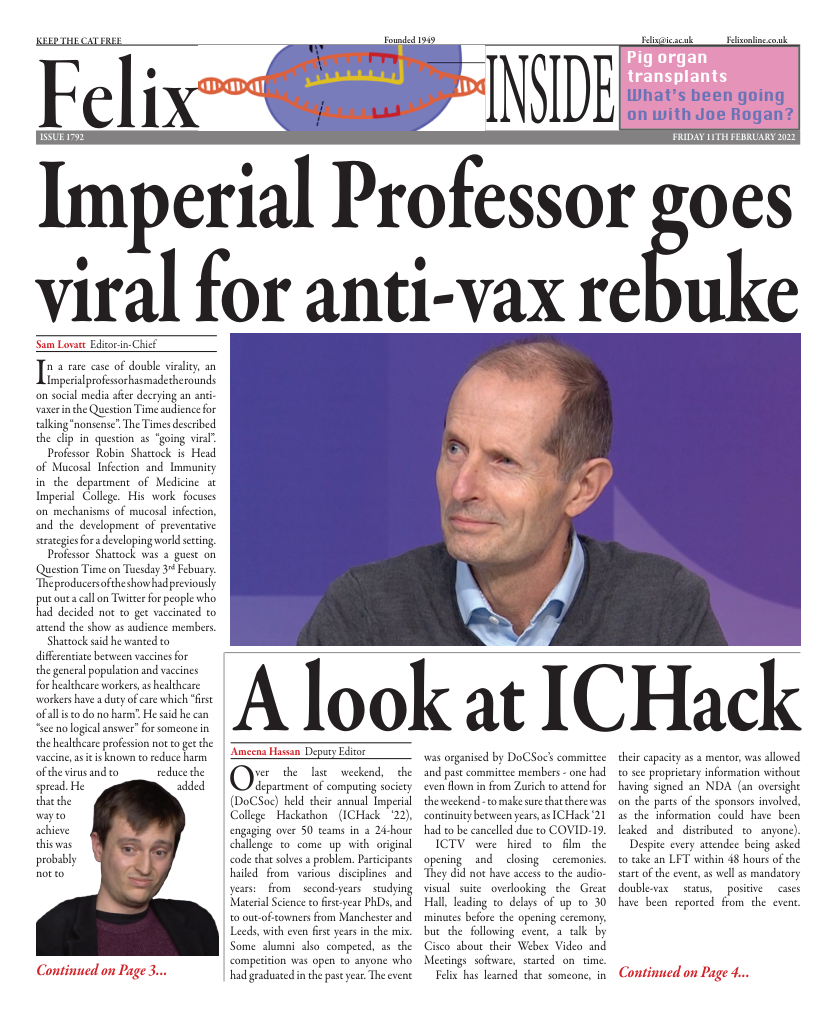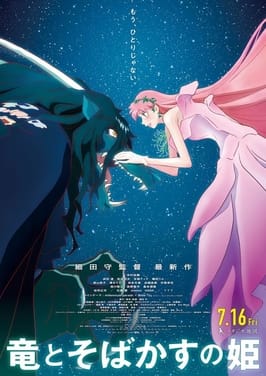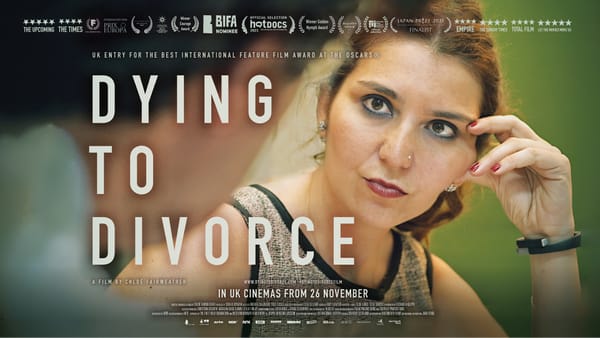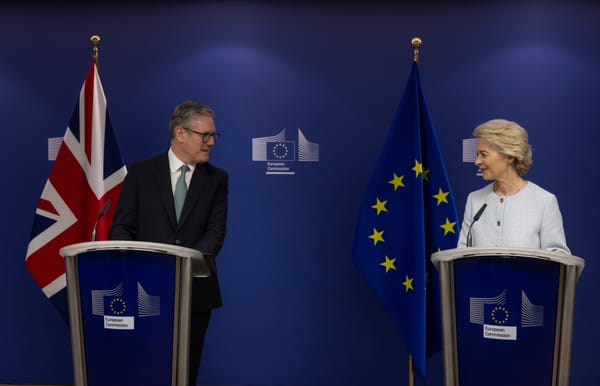The Tragedy of Macbeth: Distilled to its core
The French Dispatch, starring Bill Murray, Benicio del Toro, Frances McDormand, Jeffrey Wright and many more stars, is one of the most highly anticipated films of the year.
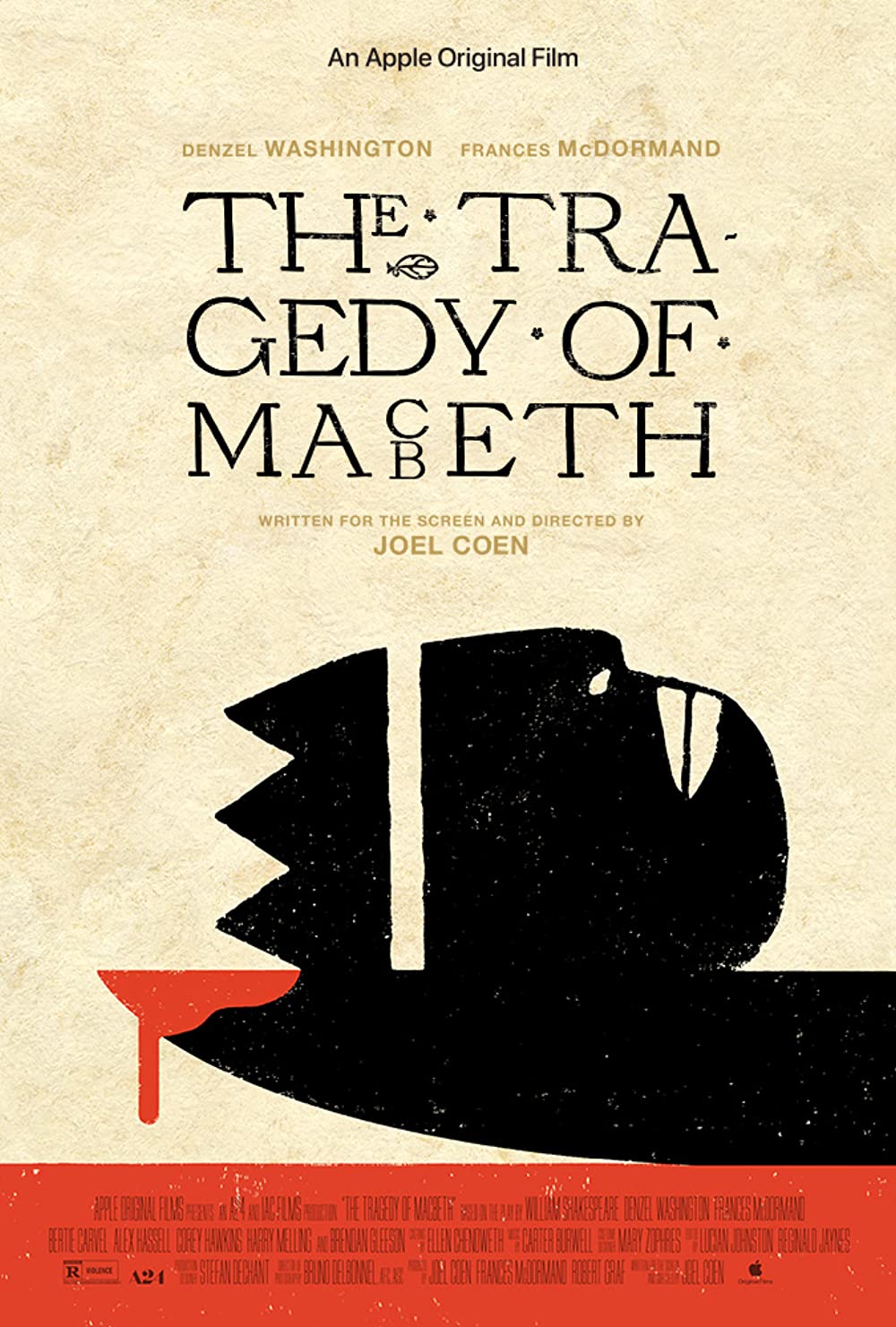
The tragedy of Macbeth
Director Joel Cohen Year 2022 Starring Denzel Washington, Frances McDormand, Bertie Carvel, Alex Hassell
Adapting any theatrical play to the silver screen is a difficult task. It poses various challenges, such as maintaining the intended tone set by the playwright while introducing a new sense of realism that is brought by the film format. When the play in question is arguably the most famous Shakespearean Tragedy to have ever been written, the stakes are unequivocally higher. Ever since the dawn of cinema, there have been many adaptations of Macbeth, some considerably better than others. We’ve seen it all; from samurai-era Japan (Throne of Blood, dir. Akira Kurosawa, 1957) to a small-town diner in Pennsylvania (Scotland, PA, dir. Billy Morrissette, 2001), the story has been adapted countless times, yet the themes explored in the story remain as current as they were 415 years ago.
The Tragedy, as director Joel Coen refers to it, is a masterclass in filmmaking. It brilliantly achieves to convey the personal intimacy one would normally expect from watching a play in real life, through the constraints posed by the big screen. In fact, Coen mentions that he did not want to “deny that the text was created as a play and theatrical construct,” further adding that he “had no intention of making it a naturalist film, such as the route taken by many others including Polanski.”
One way in which the movie achieves this, is through very intentional use of set-design and very stylistic cinematography. “Every frame a painting” is usually a saying associated with Stanley Kubrick, however I don’t think it’s far fetched to argue that it equally fits the visuals of this movie. By shooting the entire movie on a soundstage and having complete creative control over the environment, Coen gets the best of both worlds - he makes sure that the world-class cast of actors can make the roles their own with creative choices, and the movie stays as true to the source material as possible.
The cinematography is nothing short of magical. In fact, stylistic choices made by Coen in conjunction with cinematographer Bruno Delbonnel - whose previous works span the likes of Amelie, Darkest Hour and The French Dispatch – makes the movie resemble a surrealist painting at times, without completely detaching the audience from reality. At the end you feel like the movie was more like a dream than a movie you actively watched on screen.
The 4:3 aspect ratio brings a sense of suffocation and claustrophobia, which becomes increasingly apparent as tensions rise; the characters cannot escape their destinies, their fates are sealed. Furthermore, symmetry is both used and then intentionally broken to create a sense of uneasiness. This especially becomes apparent as the movie progresses, creating a sense of sickliness and nausea which reflects Macbeth losing his sanity.
The set design beautifully complements the cinematography. From the get-go, the hostility of the land is reflected to the audience with the presentation of Scotland as a barren land with no love or joy, a land of fake smiles and hidden daggers. The harsh lighting, the use of heavy contrast, and the overall choice of black and white all contribute to this sickly atmosphere, devoid of happiness and hope. The interior décor of the castle, or lack thereof, with the very minimalist choice of design, creates a sense of emptiness that sticks out, like a form of deafening silence.
Blazing through his soliloquys with style, Denzel Washington brings a sense of charisma to the role of the tyrant, as he portrays a much more muted and fatigued Macbeth. This is an older Macbeth, a weary one in his 60s, and as such, the theme of youthful ambition is much less emphasized. Washington acts with subtlety, “underplaying” the part until the last act in which Macbeth fully loses all sanity. Frances McDormand plays the role of the instigator, as Lady Macbeth, beautifully. Her choice in acting almost humanises the “power couple” in certain situations, yet this allows other certain scenes to be even more jarring and shows them as the brutal and heartless people they really are. The real show stealer, however, is esteemed theatre actor Kathryn Hunter, playing the role of all three witches. The witches lie at the very heart of the movie, setting everything in motion, and manipulating Macbeth as the story unfolds. Even though most of the movie is very much realistic, the movie embraces the theme of the supernatural, as Hunter brings a real sense of eeriness to the role.
To conclude, The Tragedy of Macbeth is excellent on a technical level, and I would recommend it to any cinema lover. Be warned that your level of enjoyment could be limited to your previous knowledge of the source material, and the experience could be jarring at times due to the use of Shakespearean English. However, that doesn’t mean that you shouldn’t go into the cinema (or stream it) with an open mind.

